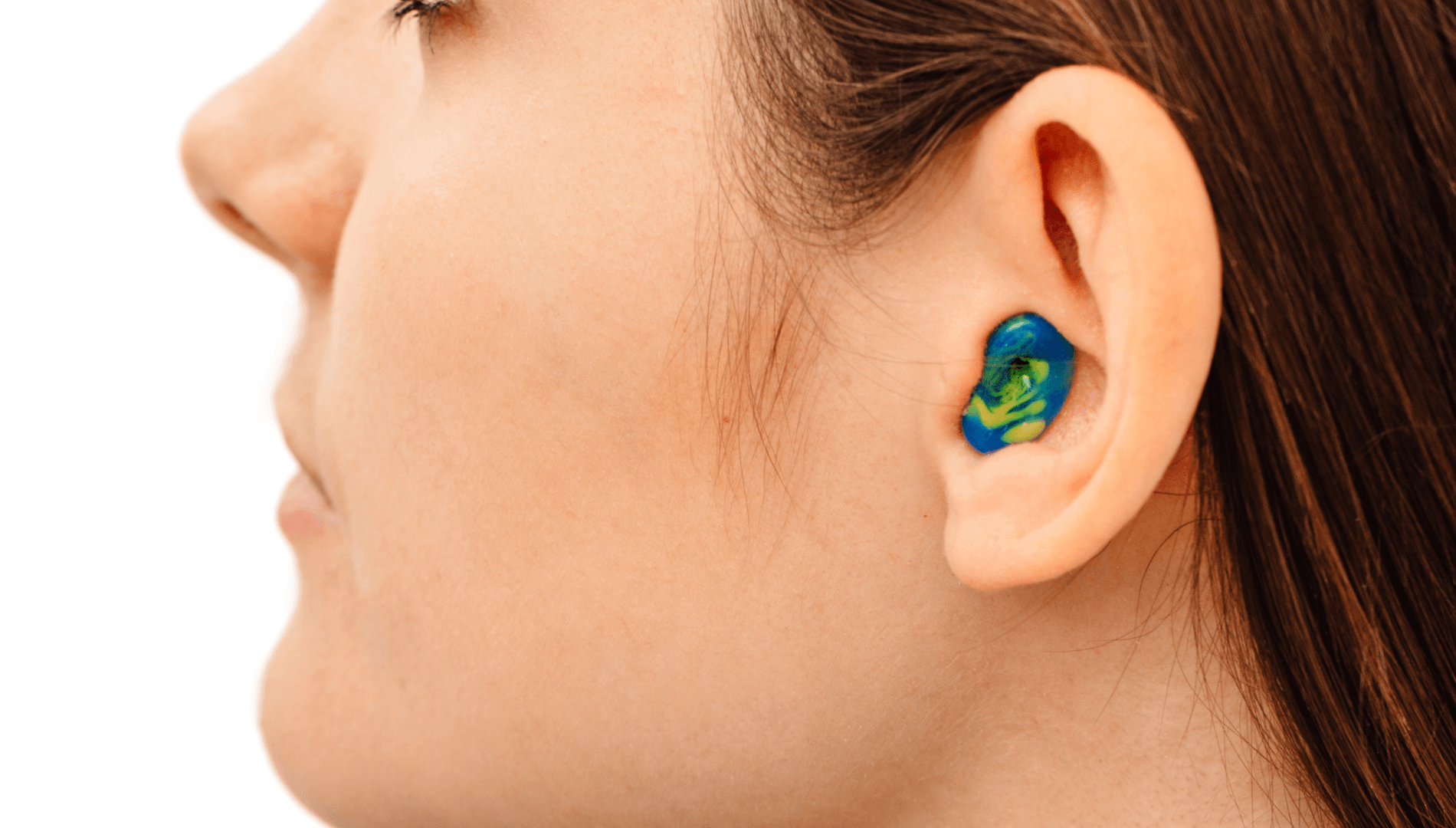
Quality sleep is paramount for overall health, including auditory function. During sleep, the body undergoes crucial processes of repair and regeneration, which are essential for maintaining optimal neural processing of sound. Adequate sleep supports the health of the auditory system, helping to preserve hearing acuity and protect against cognitive decline and age-related hearing loss. Disruptions to sleep patterns, such as insomnia or sleep apnea, can have detrimental effects on hearing health over time.
Dreams offer a unique insight into the workings of the mind, including auditory perception. Research suggests that auditory stimuli can influence the content of dreams, with sounds from the external environment often integrated into dream narratives. Moreover, individuals with hearing loss may experience alterations in dream content, reflecting their conscious and subconscious experiences of auditory impairment. Exploring the role of dreams in auditory perception provides valuable insights into the complex interplay of conscious and subconscious factors in hearing health.
Stress, Anxiety, and Auditory Dreams
Stress and anxiety are common experiences that can impact both sleep quality and auditory function. Individuals under significant stress may report vivid dreams, including auditory hallucinations or nightmares. These auditory dreams may mirror underlying concerns about hearing health or other auditory-related issues. Managing stress and anxiety through relaxation techniques, mindfulness practices, or professional support can improve sleep quality and promote optimal auditory well-being.
Tinnitus and Dream Disturbances
Tinnitus, the perception of ringing or buzzing sounds in the ears, can profoundly affect sleep quality and dream content. Many individuals with tinnitus report changes in dream patterns, with tinnitus-related sounds often appearing in dream narratives. Understanding the connection between tinnitus and dream disturbances sheds light on the psychological and emotional impact of auditory symptoms on overall well-being. Addressing tinnitus-related distress through sound therapy, counseling, or relaxation techniques can improve sleep quality and reduce dream disturbances.
Optimizing sleep quality is essential for supporting auditory health and overall well-being. Practicing good sleep hygiene, such as maintaining a consistent sleep schedule, creating a relaxing bedtime routine, and ensuring a comfortable sleep environment, can promote restorative sleep and reduce the likelihood of auditory disturbances during sleep. Seeking treatment for underlying sleep disorders or auditory symptoms, such as hearing loss or tinnitus, further supports auditory health and improves overall sleep quality.
Regular Hearing Health Exams for Comprehensive Care
In addition to promoting sound sleep hygiene, regular hearing health exams are crucial for monitoring auditory function and addressing any concerns or changes in hearing health. During a hearing health exam, your provider can assess auditory function, discuss symptoms or changes in auditory perception, and recommend appropriate interventions or treatments as needed. Prioritizing both conscious and subconscious aspects of auditory care ensures holistic support for hearing health and overall well-being.
Understanding the connection between dreams and hearing health offers valuable insights into the multifaceted nature of auditory function. By addressing both conscious and subconscious factors in auditory care, we can work towards promoting optimal hearing health and overall well-being.

Tips For Improving Your Hearing Experience
Matthew Favinger, M.S., F-AAA

Finding the Perfect Hearing Aids
Matthew Favinger, M.S., F-AAA

